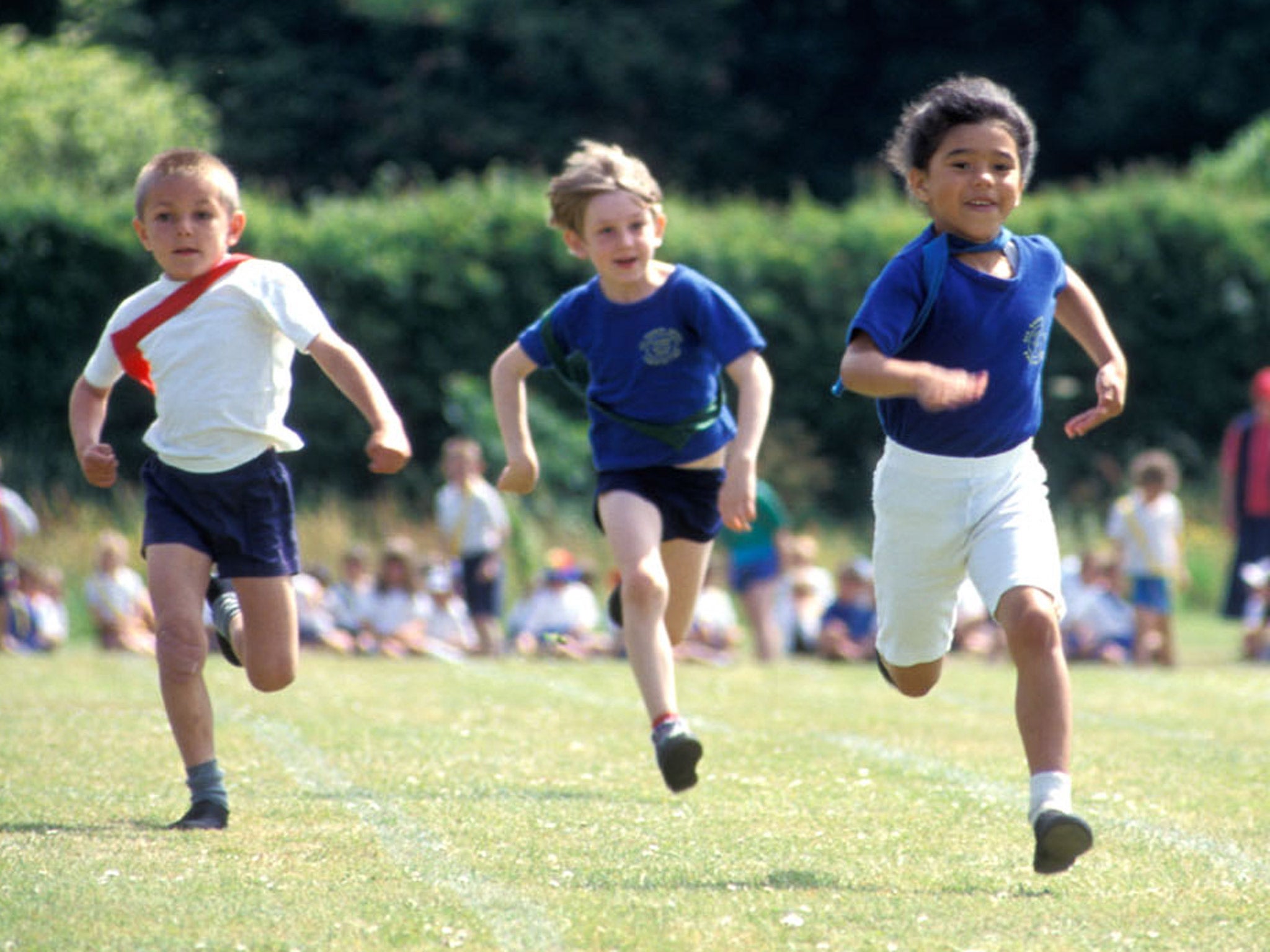Poorest children three times more likely to miss out on extra-curricular activities, study finds
'It is shocking that so many youngsters never get chance to join a football team, learn to dance or play music'

Children from the poorest backgrounds are three times more likely to not take part in any extra-curricular activity compared to those from the richest families, study finds.
Young people from better-off families are much more likely to engage in a range of activities out of school – including music and sport, the Social Mobility Commission report reveals.
Cost barriers, access difficulties and a fear they will not fit in are all reasons behind the disparities.
Researchers found that children, aged 10 to 15, from the wealthiest families are nearly three times more likely to take part in music activities (32 per cent) compared to those from the poorest families (11 per cent).
The study, from the University of Bath, finds fewer young people in the North East of England take music classes than anywhere else – 9 per cent, compared to 22 per cent in the southeast.
Around four per cent of British Pakistani youth take part in music classes, compared to 28 per cent of British Indian children and 20 per cent of White British young people.
Meanwhile, nearly two in three (64 per cent) of children from the highest income households take part in sport compared to 46 per cent of young people from families on the the lowest incomes
Some classes are expensive but there are other barriers for the less affluent children, report finds.
In certain areas, there are access difficulties as schools do not provide these activities and youth provision has been cut back by councils.
Sometimes, however, young people from disadvantaged backgrounds do not take part because they lack confidence or fear they will not fit in.
The Commission is calling on the government to introduce an extracurricular bursary scheme for disadvantaged families and to provide funding to extend voluntary sector initiatives.
Young people who do participate gain confidence and build up social skills sought after by employers, the research found. They are also more likely to aspire to go onto higher education.
Dame Martina Milburn, chair of the Social Mobility Commission, said: “It is shocking that so many people from poorer backgrounds never get the chance to join a football team, learn to dance or play music.
"The activity costs too much, it isn’t available or people just feel they won’t fit in.
“As a result they miss out on important benefits: a sense of belonging, increased confidence and social skills which are invaluable to employers. It is high time to level the playing field.”
Damian Hinds, education secretary, said the government recently announced extra support for schools to open up their facilities over the holidays and after hours to encourage more activities.
He said: “But there is more to do. We want to make sure that there is true equality of opportunity to access extra curricula activities so that every young person can develop the self-belief that they can do amazing things.
“Whether it’s through playing a sport, learning a musical instrument, or joining a club or the scouts or guides, these opportunities help to build the confidence and resilience we all want our children to have.”
Mr Hinds added: “The more opportunities we make available to young people, the more chance they have of becoming well-rounded adults who can take on life’s challenges with confidence.”
Subscribe to Independent Premium to bookmark this article
Want to bookmark your favourite articles and stories to read or reference later? Start your Independent Premium subscription today.

Join our commenting forum
Join thought-provoking conversations, follow other Independent readers and see their replies